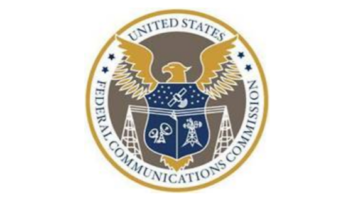A federal judge has dismissed a lawsuit filed by VerStandig Broadcasting that had some observers pointing to the litigation as a potential landmark copyright case for broadcasters.
VerStandig’s declaratory judgment action in 2014 against SoundExchange, the entity responsible for collecting music recording royalties and distributing them to copyright owners, also caught the attention of large broadcast groups who face high royalty bills for streaming their on-air signals.
The broadcaster wanted to use a streaming technology known as “geo-fencing” to allow it to cap the online retransmission of its broadcast programming to within 150 miles of a station’s transmitter and not trigger sound performance royalty fees. The broadcaster never implemented the streaming technology due to the expense and unresolved legal question, according to court documents.
Judge Michael Urbanski’s decision called the plaintiff’s allegations “too speculative, indefinite and hypothetical” to allow the suit to go forward. The judge’s ruling followed the opinion of a Virginia magistrate judge who said the case should be tossed due to a lack of controversy between the parties and sided with SoundExchange’s request for dismissal.
“The Declaratory Judgment Act is not an independent source of jurisdiction and requires an actual case or controversy before a court may declare the rights and other legal relations of any interested party seeking such declaration,” Judge Urbanski wrote in his decision.
VerStandig, which owns WTGD(FM) in Harrisonburg, Va., and several other radio stations, was seeking a declaration that it would not be liable for copyright infringement under the U.S. Copyright Act if it used geo-fencing.
SoundExchange claimed in court documents that the Copyright Office has definitively ruled “the 150-mile exemption applies to digital retransmissions of radio broadcasts over cable and satellite systems, but does not apply to retransmissions made over the Internet.”
The judge dismissed the case without prejudice, which leaves open the possibility VerStandig or another broadcaster could pursue future litigation which could ultimately decide the question of a 150-mile royalty-free zone.
VerStandig Broadcasting President John VerStandig tells Radio World that the broadcaster will review its options.
Related:
Geo-Fencing Court Battle Heats Up
Geo-Fencing Settlement Talks Break Down











